7 WAYS TOXIC PARENTS IMPACT CHILDREN FOR LIFE
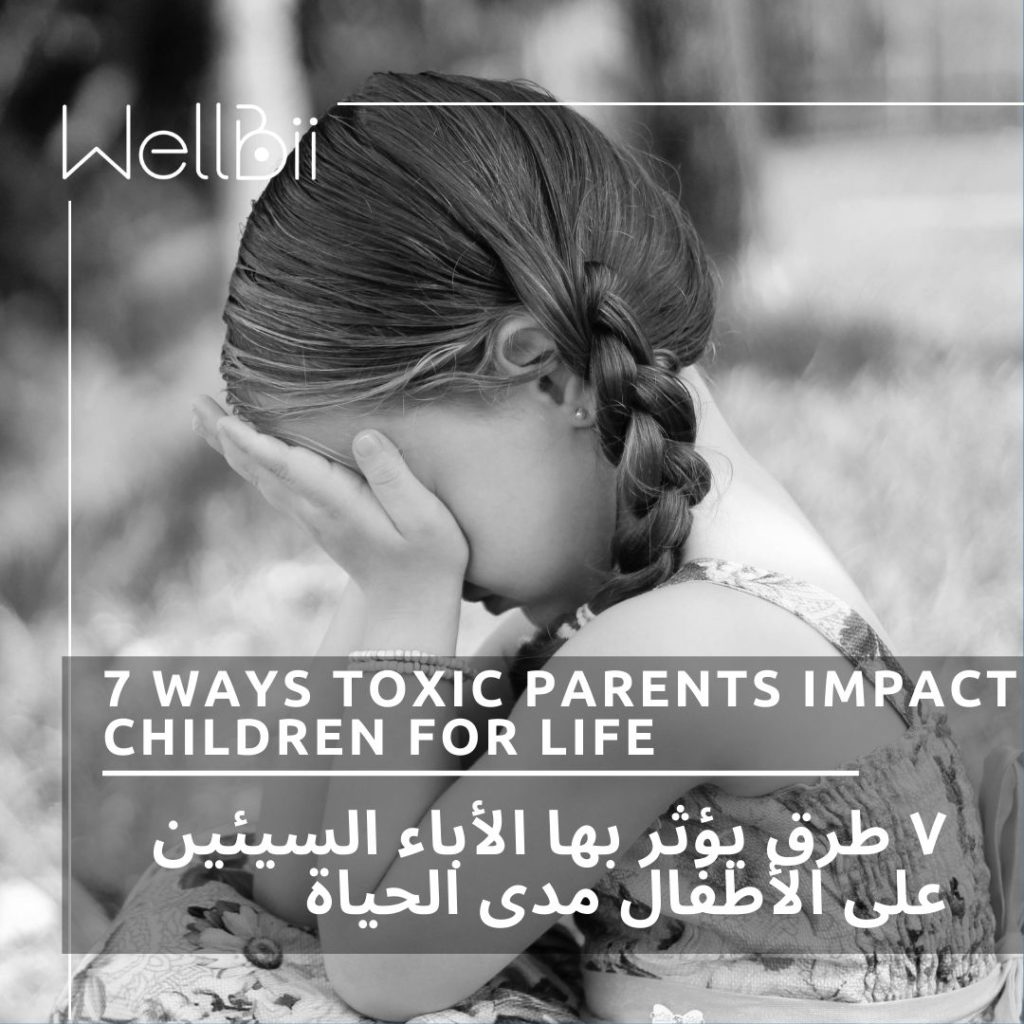
Sadly, toxic parenting can be a vicious cycle that haunts one generation after another. Was your childhood less than ideal? Here are 7 ways that toxic parenting can impact children for life.
THEY MAY BECOME TOXIC PARENTS
Sometimes no matter how hard you try, you may become the person you never wanted to be. Do you see familiar patterns in your relationship with your children that you had with your parents? You may be repeating the past without even realizing it.
THEY MAY RESORT TO SUBSTANCE ABUSE
An article published by the American Psychological Association lists substance abuse as a significant risk factor for parental abuse. If one or both parents are under the influence of alcohol or drugs, their children’s safety and well-being are at risk. The problem only gets worse without intervention for both parents and children.
THEY ARE OFTEN HYPERVIGILANT PARENTS
Have you heard the term “helicopter parent?” These are parents who are so worried about their kids that they “hover” around them nonstop. While parents should keep their children safe and be concerned for their well-being, hypervigilance can stifle their growing independence.
For online coaching click here
THEY CAN BE DISTANT AND CLOSED OFF EMOTIONALLY
How do you protect your heart when toxic parents raised you? You may build up emotional barriers that keep others away who may hurt you again. Keeping others at an arm’s distance may give you a sense of security.
THEY MAY BOUNCE FROM ONE TOXIC RELATIONSHIP TO ANOTHER
One of the most crucial issues stemming from toxic parents is that it often becomes the children’s status quo. Sometimes, one parent may be the abuser to both the children and the other parent. If your family dynamics were mostly abuse and enabling, the familiarity may be strangely comforting.
THEY OFTEN HAVE IRRATIONAL BELIEFS OR FEARS
Children use their parents as role models and usually model the intensity of their emotions. It’s not uncommon for a parent to pass irrational fears or beliefs to their kids. For example, a parent who has a water phobia may refuse to allow their children to learn how to swim.
THEY MIGHT HAVE LOW SELF-ESTEEM
As a parent, you say loving, sincere, and encouraging things to your children. They long to hear genuine praise like “I’m so proud of you,” or “I know you can do it.” Children need to hear “I love you” and all the esteem-building words their parents can offer.
Were your parents toxic?
For the full article click here

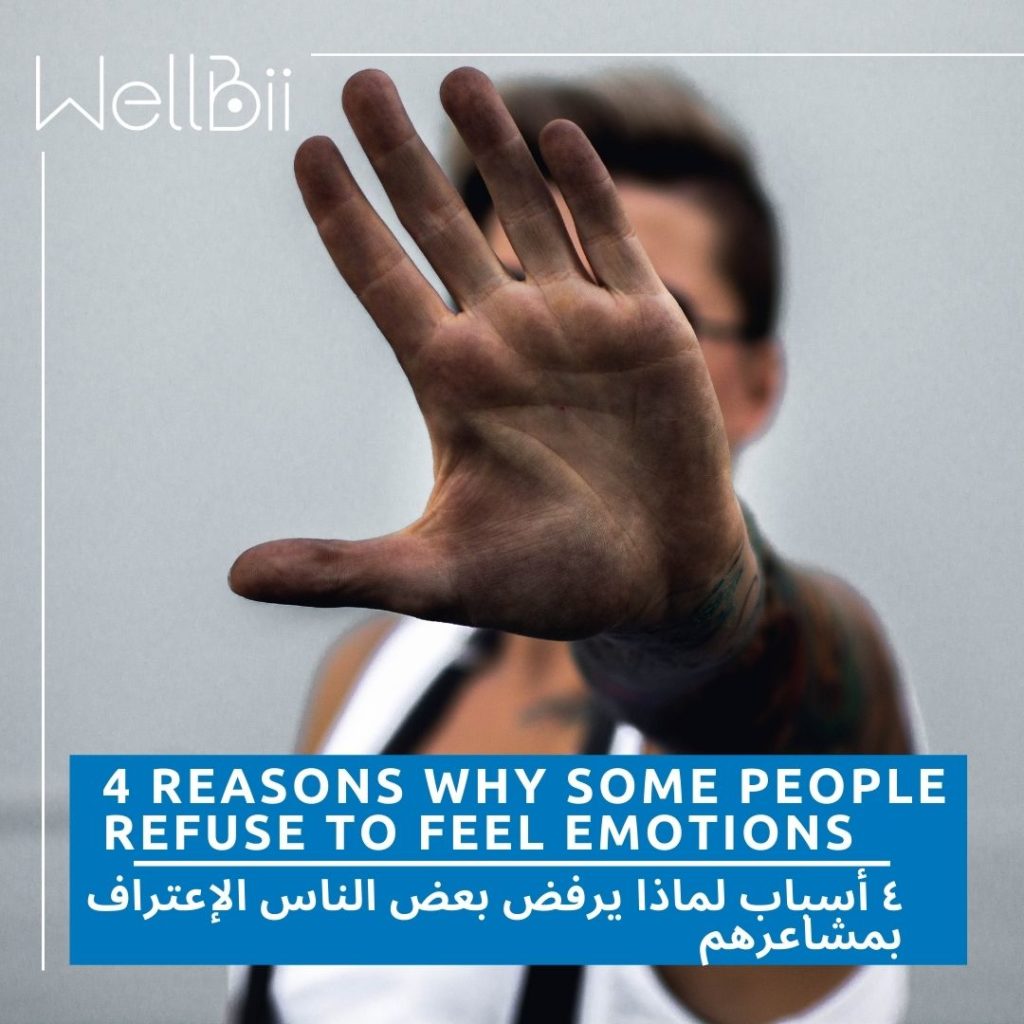
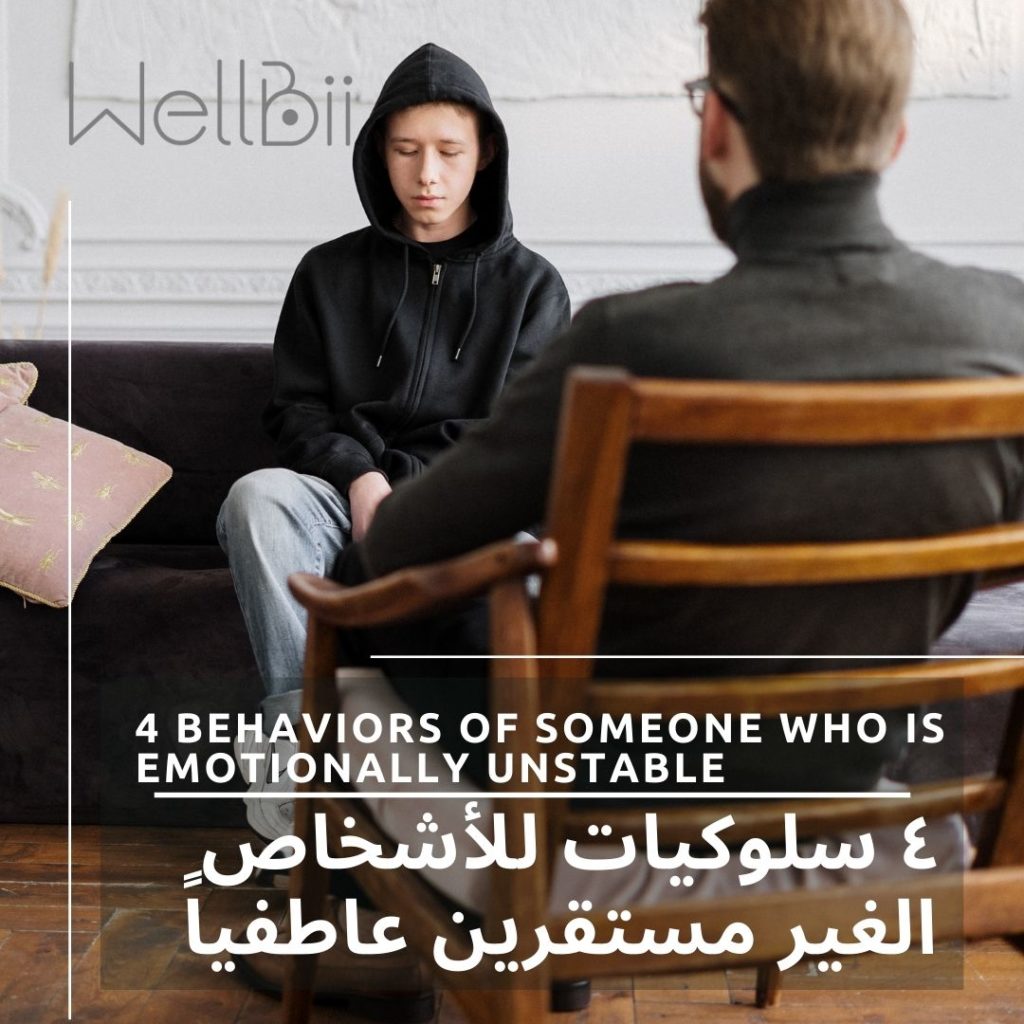
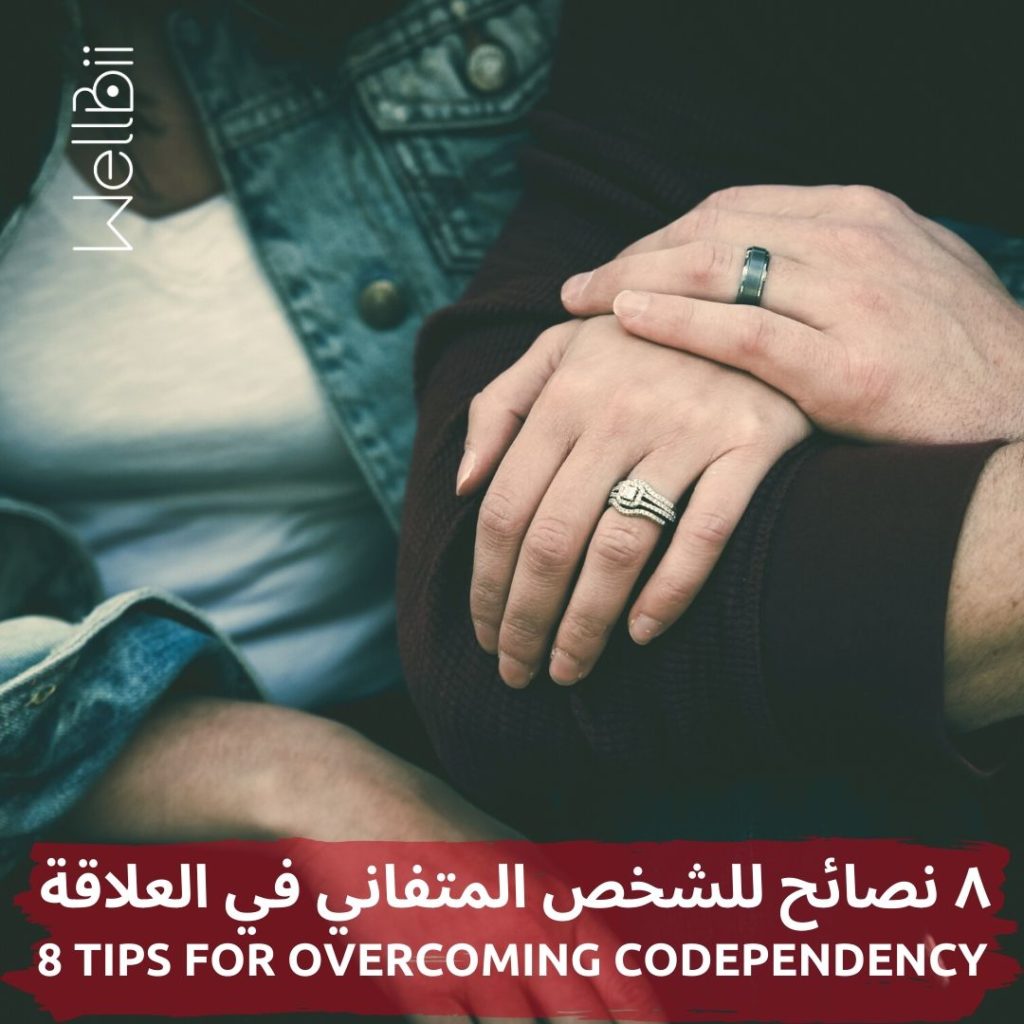
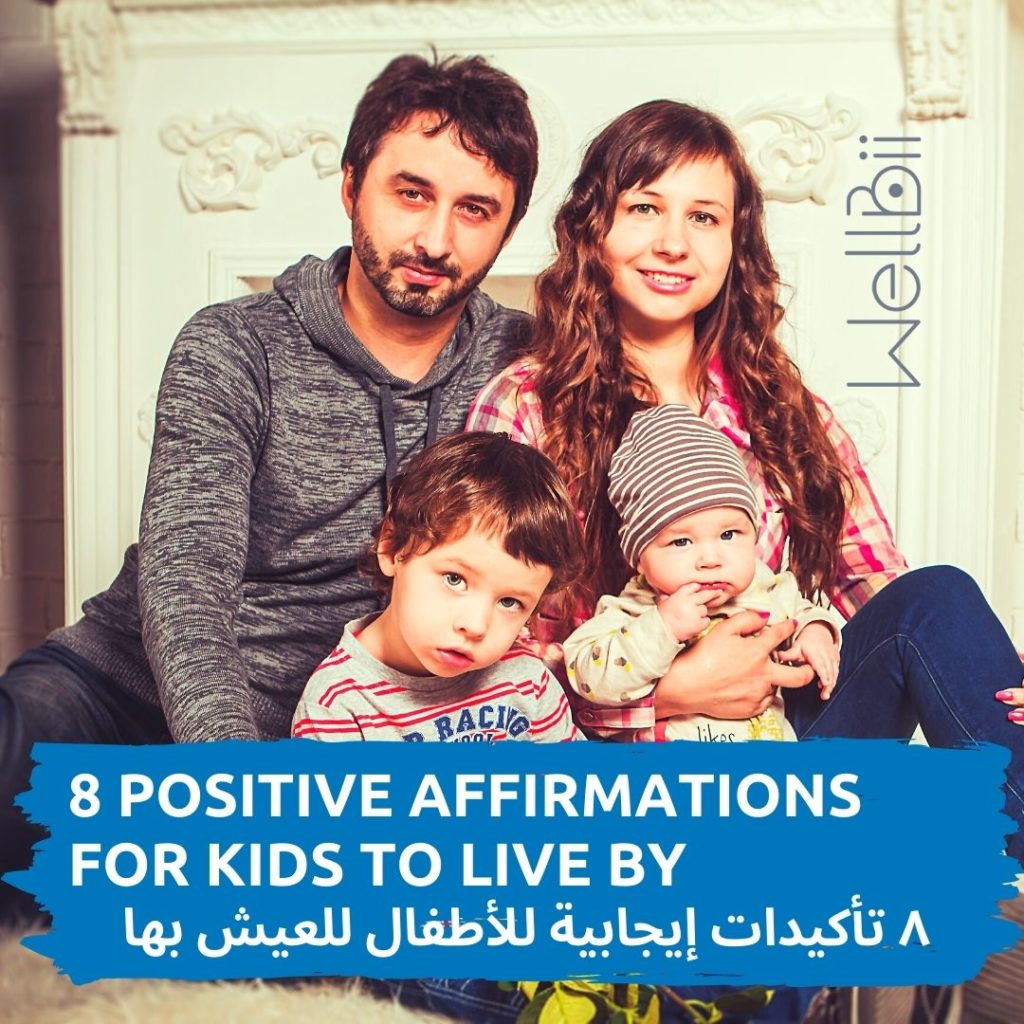

Responses